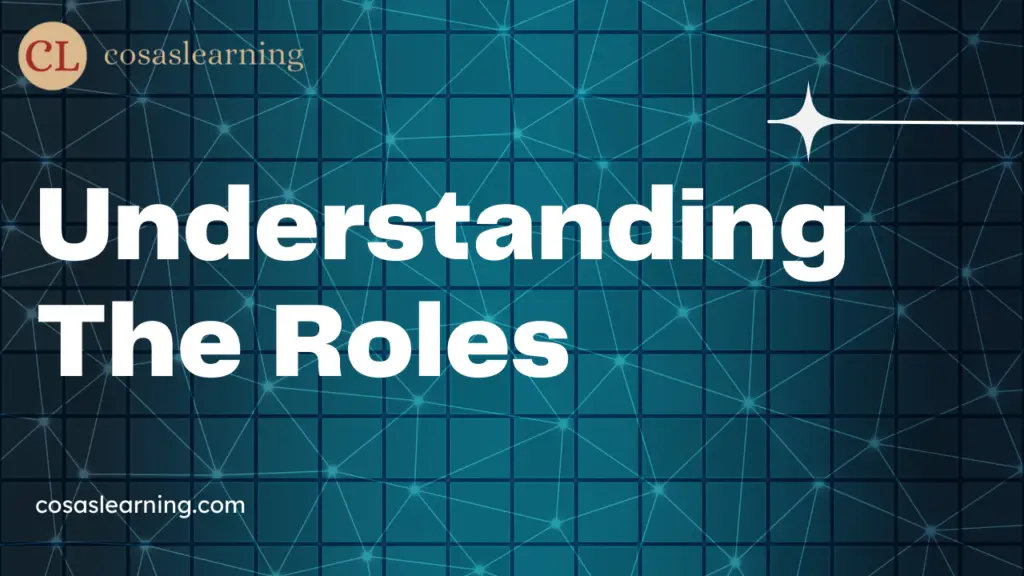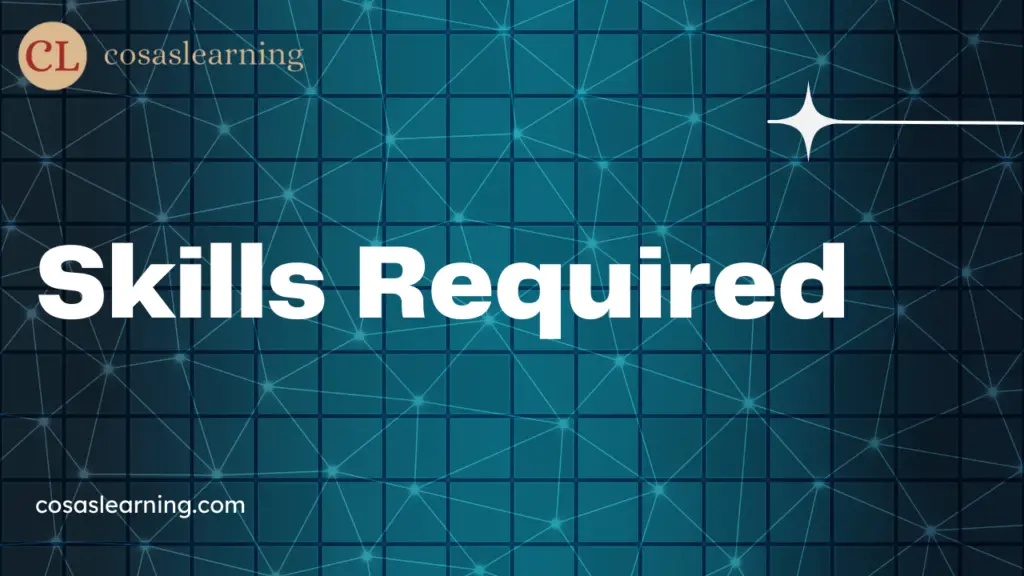In today’s world where data plays a significant role, organizations depend greatly on experts who can find valuable insights from large amounts of information. Among the various roles in the field of data science, two important positions stand out: data engineer and data analyst. While both roles are crucial for leveraging data effectively, they differ in their focus and responsibilities. In this article, we will explore the main distinctions between a data engineer and a data analyst. We’ll look into their responsibilities, abilities, and the unique value they each offer.
Understanding the Roles

Data Engineer
A data engineer is someone who designs, builds, and maintains the systems necessary to handle and process big amounts of information. They focus on building and optimizing data pipelines, ensuring data is collected, stored, and processed efficiently. Data engineers work closely with data scientists and analysts to ensure seamless data flow and availability.
Data Analyst
On the other hand, a data analyst primarily focuses on interpreting and analyzing data to extract insights that drive business decisions. They use different tools for displaying data and statistical methods to find trends, patterns, and connections within the information. Data analysts are adept at translating complex data into actionable insights that help organizations make informed choices.
Skills Required

Data Engineer
To excel as a data engineer, one needs a strong foundation in computer science and programming. Key skills include:
- Good knowledge of programming languages like Python, Java, or Scala
- Knowledge of databases, including understanding SQL and NoSQL.
- Familiarity with big data processing frameworks such as Apache Hadoop and Spark
- Practical experience working with cloud platforms and distributed systems.
- Ability to comprehend data modeling and database design
- Strong problem-solving and troubleshooting abilities
Data Analyst
Data analysts, on the other hand, have a mix of skills in analysis, statistics, and business. Important skills for a data analyst include:
- Good understanding of SQL for retrieving and managing data
- Knowledge of statistical analysis and data visualization tools like R or Python libraries (e.g., Pandas, NumPy)
- Knowledge of data mining and data cleaning methods
- Having prior experience using business intelligence tools like Tableau or Power BI.
- Strong communication and storytelling skills
- Ability to translate business requirements into data analysis tasks
Responsibilities

Data Engineer
Data engineers have the following responsibilities:
- Designing and implementing data infrastructure and architecture
- Building data pipelines for efficient data ingestion and processing
- Ensuring data quality, integrity, and security
- Working closely with teams from different areas to understand what data is needed.
- Optimizing data storage and retrieval processes
- Monitoring and troubleshooting data-related issues
Data Analyst
The primary responsibilities of a data analyst include:
- Gathering, organizing, and preparing data for analysis by removing errors and making it ready for further examination.
- Applying statistical techniques to identify patterns and trends
- Working together with stakeholders to comprehend the needs and goals of the business.
- Conducting ad hoc analyses and answering specific data-related questions
- Monitoring data performance and suggesting improvements
Tools and Technologies

Data Engineer
Data engineers work with a range of tools and technologies, including:
- Apache Hadoop and Spark for handling data across multiple systems
- Working with databases like MySQL, PostgreSQL, or MongoDB, which use SQL and NoSQL
- Utilizing cloud platforms like AWS, Azure, or Google Cloud
- Tools for integrating data like Apache Kafka or Apache Nifi
- Systems for managing workflows like Apache Airflow or Luigi
Data Analyst
Data analysts make use of different tools and technologies, including:
- SQL for data querying and manipulation
- Statistical programming languages like R or Python
- Tools for displaying data visually like Tableau, Power BI, or Matplotlib
- Using software like Microsoft Excel or Google Sheets for organizing and analyzing data
- Libraries for machine learning like scikit-learn or TensorFlow
Career Path and Growth Opportunities

Data Engineer
Data engineers have a unique career trajectory, which can lead to roles such as:
- Senior Data Engineer
- Data Architect
- Big Data Engineer
- Machine Learning Engineer
- Data Science Manager
Continuous learning and staying updated with the latest technologies are essential for data engineers to progress in their careers.
Data Analyst
Data analysts can choose from different career paths, such as:
- Senior Data Analyst
- Business Intelligence Analyst
- Data Scientist
- Data Analytics Manager
- Product Analyst
As with data engineers, data analysts also benefit from staying abreast of advancements in data analytics tools and techniques.
Collaboration and Interaction

Data Engineer
Data engineers collaborate closely with various stakeholders, including:
- Data scientists
- Data analysts
- Database administrators
- Software engineers
- Project managers
Their interactions involve understanding data requirements, ensuring data availability, and providing support to other teams for efficient data utilization.
Data Analyst
Data analysts frequently interact with:
- Business stakeholders
- Data engineers
- Data scientists
- Project managers
- Marketing teams
Their collaborations revolve around understanding business objectives, refining data analysis approaches, and presenting actionable insights to key decision-makers.
Conclusion

In conclusion, data engineers and data analysts play vital roles in leveraging data for organizations’ success. Data engineers work on constructing and upkeeping data systems, whereas data analysts examine data to discover valuable findings. By understanding their unique responsibilities, skills, and career paths, organizations can effectively utilize these professionals to drive data-informed decisions and gain a competitive edge.
FAQs
Click Here : To Show Your Support! 😍





